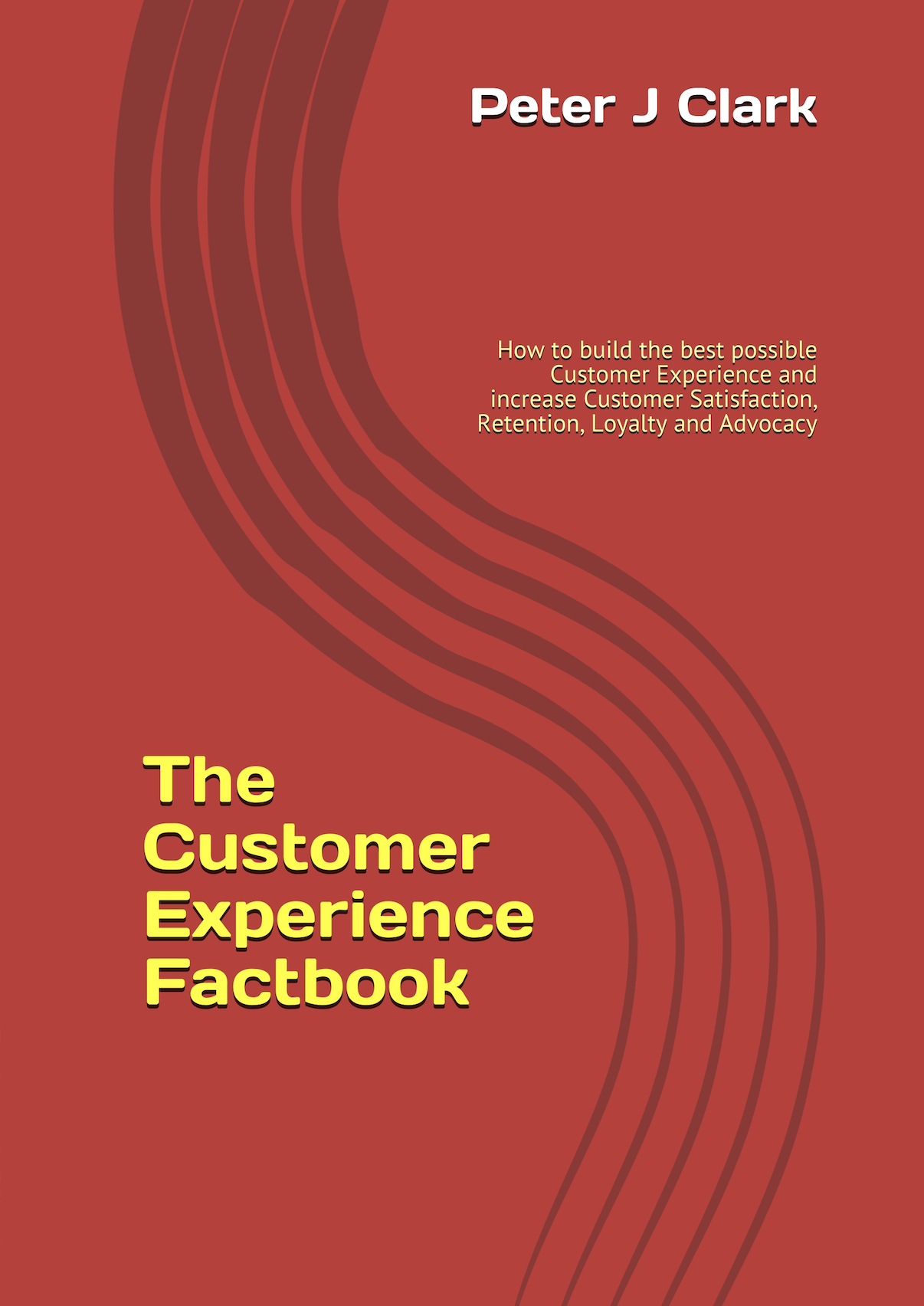Big brands have lost the trust of their customers
Study reveals a dramatic shift in customer loyalty
The 2021 Gustavson Brand Trust Index revealed a dramatic shift in consumer loyalty and purchase considerations, highlighting the relationship between consumer trust, brand advocacy and authenticity.
On the heels of an exceptionally tumultuous year, the seventh iteration of the GBTI study found that consumers' trust in brands is linked to authenticity-their belief that the brand reflects their values. Previously trusted brands such as Amazon, Whole Foods, Air Canada and Tesla Inc., dropped in the rankings as consumers felt that the companies' values no longer aligned with their own.
"More than ever, CEOs are being viewed as societal leaders entrusted to take a stand on social issues, from climate change to addressing racial injustice," says Saul Klein, dean of the Gustavson School of Business. "As the world climbs out of the pandemic, brand awareness is no longer the currency of business-consumer trust is the priority. There is a need for companies to rethink how they are driving positive societal change."
Over the past year, Canadian consumers have shown an acute awareness of whether a brand is truly compassionate in its activities, or whether their acts of compassion are opportunistic, and this distinction is reflected in the findings.
"Amazon may be past its peak in terms of brand trust," adds Klein. "While more Canadians have used Amazon services than ever before, concerns about the company's broader impact have resulted in Amazon dropping sharply in this year's study. Whole Foods had always prided itself on its employee culture, but the company's brand trust and advocacy scores plummeted in 2021, and employee relations may have played a part in that."
Early in the pandemic, many grocery chains offered hazard pay to their employees, only to discontinue the benefit a couple of months later. Whole Foods also faced numerous lawsuits from employees after it was reported that they were being disciplined for wearing Black Lives Matter apparel. In Canada, employees were initially prohibited from wearing Remembrance Day poppies due to the company's dress code policy.
"Trust in key institutions, in society and in business, has been eroding over the past few years," says Klein. "Consumers are more conscious of brand values and whether leaders can manage their companies in ethical, transparent and authentic ways that benefit both people and the planet."
Other Key Findings
- Younger consumers are less trusting than older consumers
The GBTI study has found that millennials are less trusting compared to older generations. This finding appears to be due to the younger generation's inclination to assign their loyalties to proactive organizations who they perceive to be helping solve long-standing societal issues and contributing to making the world a better place. - Trust in media is at an all-time low
In the Spring of 2020, the media category saw a spike in trust as people tuned in at the beginning of the pandemic. Since then, the trust bubble has burst, with all traditional and new media brands (except for Maclean's Magazine) giving up most (if not all) of the gains they saw early on. Social media brands such as Facebook remained among the least trusted in the index. - Trust in Canadian telecom companies is on the rise, but it is still the second least trusted category
Past year-on-year results had telecom companies showing signs of trouble, with nearly all of the companies seeing a decline in their brand trust scores. Three of the big four telecom companies, however, saw significant improvement after COVID-19 struck as they provided critical infrastructure for both work and social interaction.
Sources: The University Of Victoria; Gustavson School Of Business / The Marketing Factbook.
Copyright © 2021 - 2025 The Marketing Factbook.
Categorised as:
- Customer Experience
- Customer Loyalty
- Knowing The Customer
- Marketing Know-How
